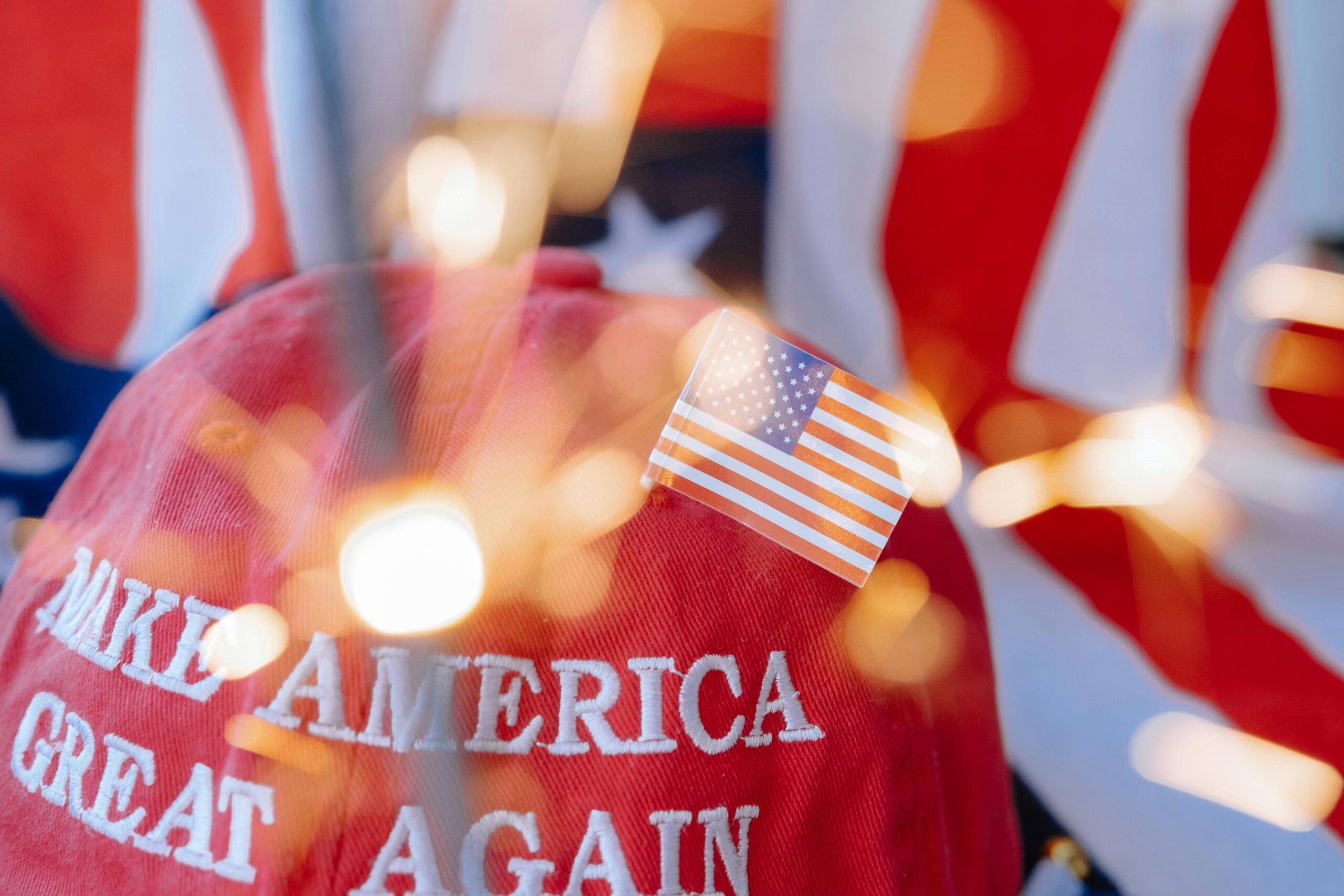July 29, 2024 — A recent study published in Political Psychology explores the psychological traits of former President Donald Trump’s most loyal supporters, revealing a strong correlation with high levels of Conscientiousness.
The American Psychological Association (2022) defines a personality cult as exaggerated devotion to a charismatic leader, often used by authoritarian regimes to maintain power. This concept, typically linked to figures like Hitler and Stalin, is now being applied to some U.S. voters’ extreme loyalty to Trump.
The study’s authors, Goldsmith and Moen, analyzed data from the 2016 American National Election Study and a 2021 survey of over 1,000 American adults. Their research indicates that Trump’s core followers exhibit distinct personality traits, particularly high Conscientiousness, which includes qualities like self-discipline, duty, and persistence.
Trump’s rhetoric, including his 2016 claim, “I am your voice” and “I alone can fix it,” exemplifies the leader-follower dynamic seen in personality cults. The study suggests that Trump’s most devoted supporters are driven more by psychological fulfillment from his leadership style than by specific policies or ideologies.
The researchers found that while other traits like Neuroticism and Agreeableness showed no consistent pattern, Conscientiousness was a significant marker of Trump’s most ardent followers. This trait aligns with the high demands for loyalty and commitment that Trump places on his supporters.
The study also touches on the religious-like devotion among some Trump followers, who view him in near-messianic terms. This aspect, coupled with the belief in his claims about a “stolen” 2020 election, underscores the depth of their loyalty.
In essence, the research suggests that Trump’s appeal extends beyond conventional political or ideological lines, tapping into deeper psychological needs for order and discipline among his most dedicated followers. This phenomenon of a political personality cult within a democratic context presents new challenges and questions for the future of democratic engagement in the U.S.

